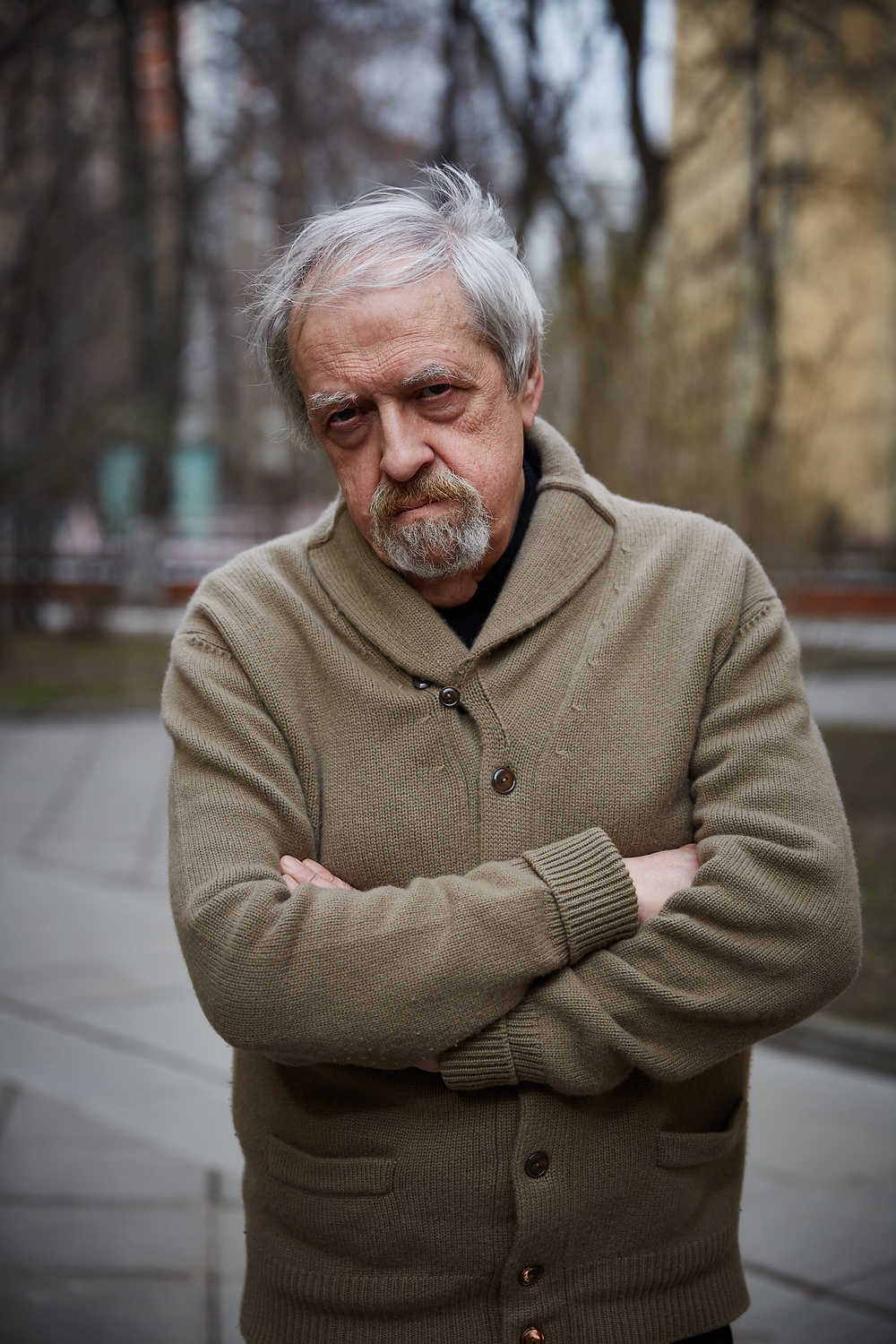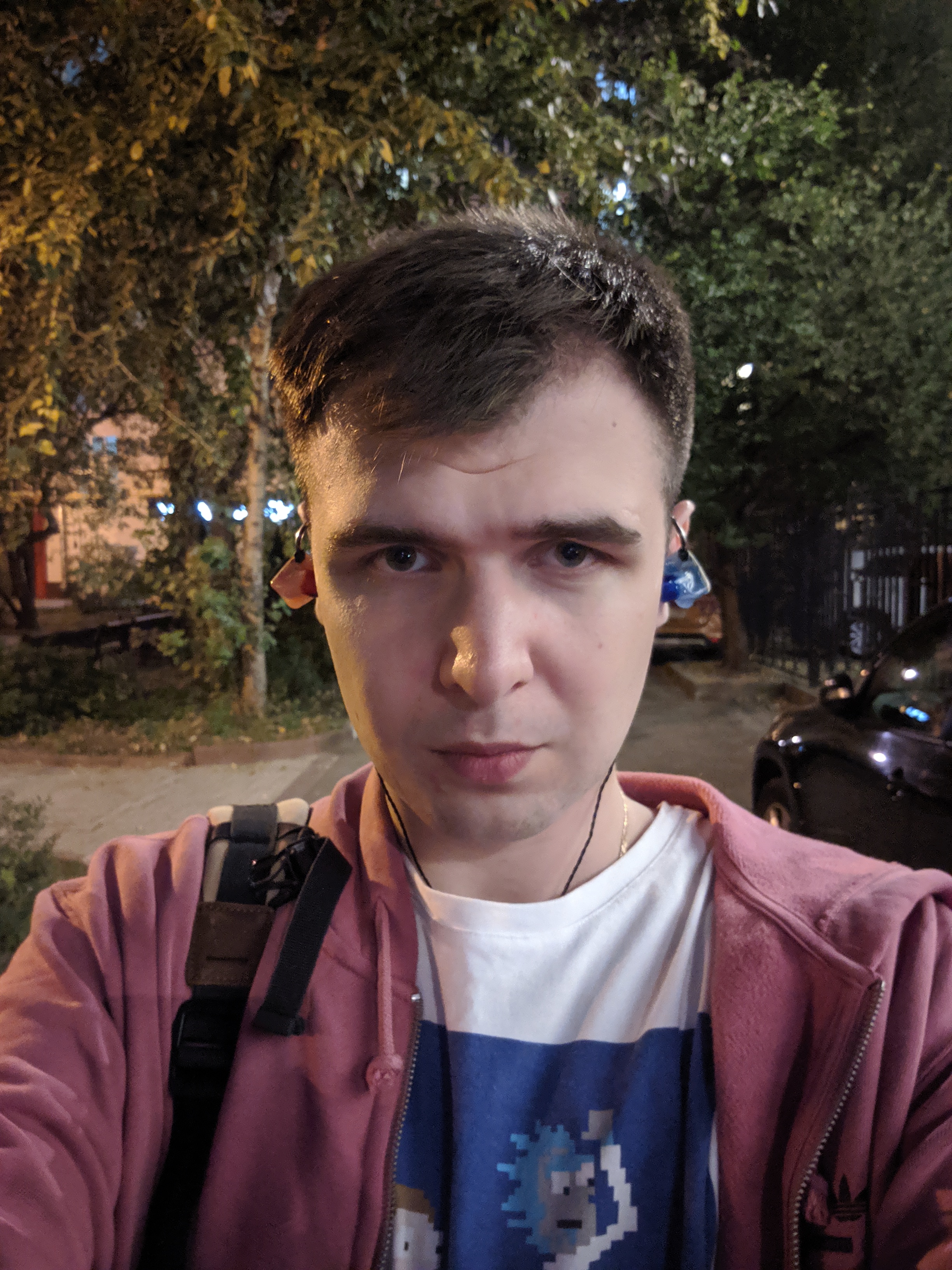This paper is aimed to reconstruct the project of phenomenological psychology of Russian phenomenologist G.G. Shpet and a psychologist and his disciple N.I. Zhinkin. The research shows the continuity of their investigations in the aspect of inner voice’s mechanisms and points out the possibility of integration of both phenomenological and psychological discourses from their works as the methodological project that is called “phenomenological psychology” by this paper’s authors. The research uncovers the reasons of phenomenological psychology’s origin as Shpet’s creative project. These reasons are rooted in Shpet’s will to investigate phenomena of religious consciousness using inside the phenomenological discourse, that is stated in his correspondence with E. Husserl. The main papers that are used for the synthesis are the mentioned Shpet’s correspondence and Zhinkin’s “On Transition Coded in Inner Voice”. The second one explains the tenets of inner voice’s functionality as the language of thinking, personal consciousness. The general workability of Shet’s and Zhinkin’s method for analysis of religious consciousness is demonstrated on the example Ignatius’ of Loyala “Spiritual Diary” that isn’t only the example of religious consciousness, but also is the specific method of religious comprehension. The general possibility of complex conclusions’ statements about “Spiritual Diary” problem is linked to the understanding of someone else’s consciousness as a possible object of phenomenological intuition and analysis inside Shpet’s concept of phenomenology. The inner consistency of Shpet’s and Zhinkin’s synthetic method gives us a chance to state it as the possible ideological framework for future interdisciplinary investigations of religious consciousness.
Keywords: Husserl, Shpet, Zhinkin, inner speech, thinking, codes of inner speech, consciousness
DOI: 10.22250/2072-8662.2019.4.102-112
About the author
 |
Nikolay L. Muskhelishvili – DSc (Psychology), Professor, Educational and Research Centre of Religious Studies, Russian State University for the Humanities; GSP-3, 6 Miusskaya Sq., Moscow, Russia, 125993; This email address is being protected from spambots. You need JavaScript enabled to view it. |
 |
Andrey K. Antonenko – Master in Religious Studies, Educational and Research Centre of Religious Studies, Russian State University for the Humanities; GSP-3, 6 Miusskaya Sq., Moscow, Russia, 125993; This email address is being protected from spambots. You need JavaScript enabled to view it. |






